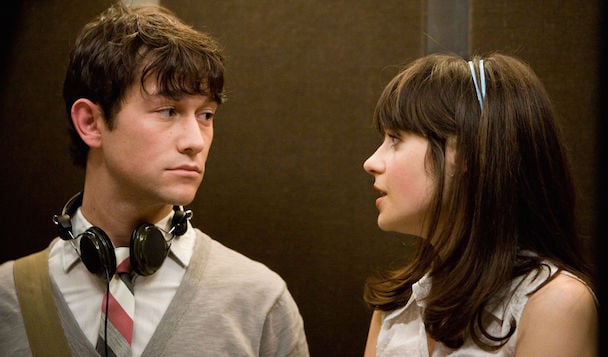“I am a part of all that I have met.” ~ Lord Alfred Tennyson
These 10 words are some of the most powerful words I have ever read—they shook me awake.
If this is true (and it is), there are parts of me walking around the world everywhere!
A turmoil of emotions started roaring in my head and heart the moment the full meaning of this quote hit home. Instant guilt washed over me as I remembered all those times I snapped at a slow clerk, yelled at a driver cutting me off in traffic, and made smarty-pants comments to colleagues or peers. Sadness stung my heart, thinking of all those people I’d pushed away in the name of busyness, while, in truth, thinking that they were boring, annoying, or just disturbing my peace.
Little bits of my impatience, my lack of tolerance, my selfishness, my arrogance, and all the rest of my less than stellar character traits and behaviours—these were all lingering in the thousands of people I’ve met in my life.
Now there’s a guilt trip if I ever saw one.
I wish someone had taught me Tennyson’s words a few decades ago. I could have paid more attention to what I was leaving with every person I met.
Those words should be engraved in everyone’s mind. They should be the first words we learn as babies. Maybe they should be programmed in our genes.
They give us tremendous responsibility once we turn them into an active tense: “I will become a part of all that I meet.” If we leave something of ourselves with everyone we meet, we’d better make sure it’s something good!
If we keep these 10 words in the back of our mind, it’s a great reminder to always try and be the best possible version of ourselves.
I confess, I used to be quite the b*tch. I was selfish, cold-hearted, mean, and always quick to answer with a snide remark. I was also impatient, condescending, and had no notion of compassion. I pushed people away, even children. I basically didn’t love many people at all, and probably least loved myself at that time. I walked through life with a dark cloud over my head.
What I didn’t realize then but has been now made very clear to me is that every interaction with a person, and the way they behave toward me, is a reflection of how I behave toward them—because I am a part of all that I meet.
I was painfully oblivious of the meaning of Lord Tennyson’s powerful words: that everything I say or do in the presence of another person has an impact on them, and they’ll carry that with them—and, most likely put it out into the world again.
My hurtful words would be passed on and on, hurting more people that I wouldn’t even meet. My condescension would be matched again and again with negative attitudes, pride, and false superiority, making many people feel small, powerless, and incompetent. And eventually it would come back to me, and I would start that cycle all over again.
I feel regretful; I was ignorant. And I ask forgiveness for ignoring the consequences of my behavior—the words I used, my gestures, facial expressions, the smirks, and the tone of my voice.
I vow to do better.
It’s been a slow process of becoming aware of my own behaviours, understanding where they came from, and then changing them. I’ve been letting them go and replacing them with behaviours that serve me and everyone I meet. It’s a process, there is no end to it, and we’ll never get it right 100 percent. But we can do our best—I am doing my best.
I know I’m making progress when I offer a helping hand to a stranger, or smile at random people, instead of walking around with my head down trying to avoid interaction, only to get angry when they come too close.
I know I’m doing better when I let the neighbour’s kid walk into my house and take over my desk with papers and colouring pencils when I am trying to write. I’m mindful of her situation—that there are very few kids close by for her to play with—and I acknowledge that she’s just a little girl looking for a friend. (And I know her mom will come and find her soon, so this interruption will not be forever.) I used to send her away before she could step inside, making her feel even more lonely.
I know I’m getting there when I manage to smile at a grumpy immigration officer and keep my voice friendly and calm, acknowledging their less than fun job in an icy office all day. I used to lose my patience in that office often, making the officer’s job even worse.
It’s all about mindfulness. Being mindful of ourselves and our thoughts in every moment. And being aware of the choice we have in every moment: how we respond, what we say, and what we do. Because we become a part of everyone we meet.
Mindfulness combined with conscious choice is a powerful and empowering duo.
With mindfulness, we can stop ourselves before we’re about to head into a fight-or-flight reflex, which can often lead us to use harsh words or act in revenge.
We can then choose consciously how we’d rather respond: in a way that will stop the vicious cycle of anger, frustration, irritation, rejection, or impatience. With our conscious choice, we can instead start a cycle of love, patience, compassion, and inclusion, which eventually will come back to us.
Because we become a part of everyone we meet.
It’s a responsibility for life.
~
Author: Leontien Reedijk
Image: YouTube
Editor: Catherine Monkman
Copy Editor: Nicole Cameron
Social Editor: Nicole Cameron







Read 0 comments and reply